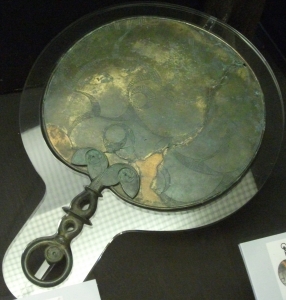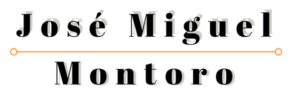Pretérito Perfecto
Now it gets easier. When it comes to Pretérito Perfecto, there are only a couple of contexts.
Current Time Unit
This means that something happened in the past (finished or not) and the person who is speaking is still in the same time unit in which it happened.
It’s very important to remember here that it is not an objective point of view about the time, what happened before and after. Instead, you will use it when you are encompassing the past event in your “current time unit.” Here are some examples:
- Este año he hecho muchos exámenes.
- El mes pasado hice muchos exámenes.
Actually, they can be the same exams at the same time. But in the first example, you are speaking in the current time unit (este año), as opposed to the second (el mes pasado).
- Conocí a una chica preciosa ayer.
- He conocido a una chica preciosa esta semana.
Same thing goes for these two sentences: the moment when you knew the girl could be exactly the same (yesterday, at some point), but in the first one you are speaking from the “next time unit”, and in the last one you speak from the “same time unit”.
Past Events with an Ongoing Aftermath
A nerdy Spaniard could say “He leído El señor de los anillos cinco veces,” and it would be correct. That’s because although the action was finished at some point in the past, it’s something that is, somehow, still current in the present (you haven’t stopped reading those books).
Something like “Leí El señor de los anillos cinco veces en el verano del 99,” but you can see clearly why: you are using a time marker, so you want to focus the attention on the moment when you finished doing it, not just say that is a feat you have performed at some point in the past.
Pretérito Pluscuamperfecto
You can say this one loud and clear; it’s not likely that you will have problems with it.
The only situation when Pluscuamperfecto comes handy is when you have to speak about two different events in the past, and you know exactly which one happened before. Here are some examples:
- Cuando Javier llegó al cine, la película ya había comenzado.
- Mi hermano viajó a Estados Unidos cuando Obama ya había sido elegido presidente.

